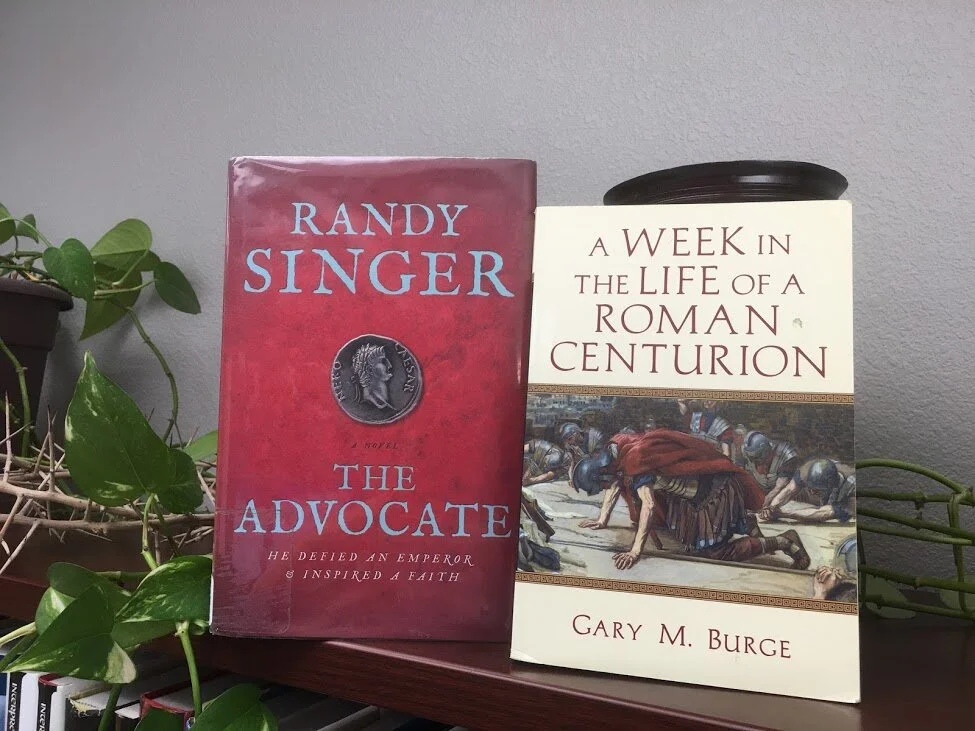Advent has arrived. It’s a time for joy and generosity and hope and celebration. But threats lurk. Over the next four weeks we will consider four villains of Christmas. The first villain is King Herod. King Herod fought for power. The yearning for power in our own hearts endangers Christmas.
Herod was the villain at the first Christmas. He was a politician’s politician. He was oily and underhanded, vicious and cold-hearted. Born in 73 BC, Herod rose to power quickly (in his mid-twenties) by maneuvering his way through the Roman political machine. He was ultimately given the title “King of Judea” by the Roman Senate.[i] Upon rising to power, Herod murdered anyone who might be his rival, including three of his sons and his first wife, Mariamne.
Herod’s paranoia served him well and allowed him to rule for 37 years—far longer than most. His political savvy extended well past his paranoia. A half-Jew himself, Herod was a master of alliances, eventually taking ten wives, each gaining him a strategic political advantage. And he knew the power of tangible change. Herod took on massive building projects throughout Judea including the construction of the port at Caesarea Maritima, the Second Temple, the fortress at Masada, and Herodium. Many of these can still be seen in Israel today. In fact, most beautiful ancient buildings that remain in Israel are Herod’s handiwork. To fund these projects, Herod levied massive taxes on the people that created animus between him and the people (and also helps us understand just how hated the tax collectors we meet in the Bible were).
One day in the final years of Herod’s life, a group of Magi from the East requested an audience with the King of Judea.







